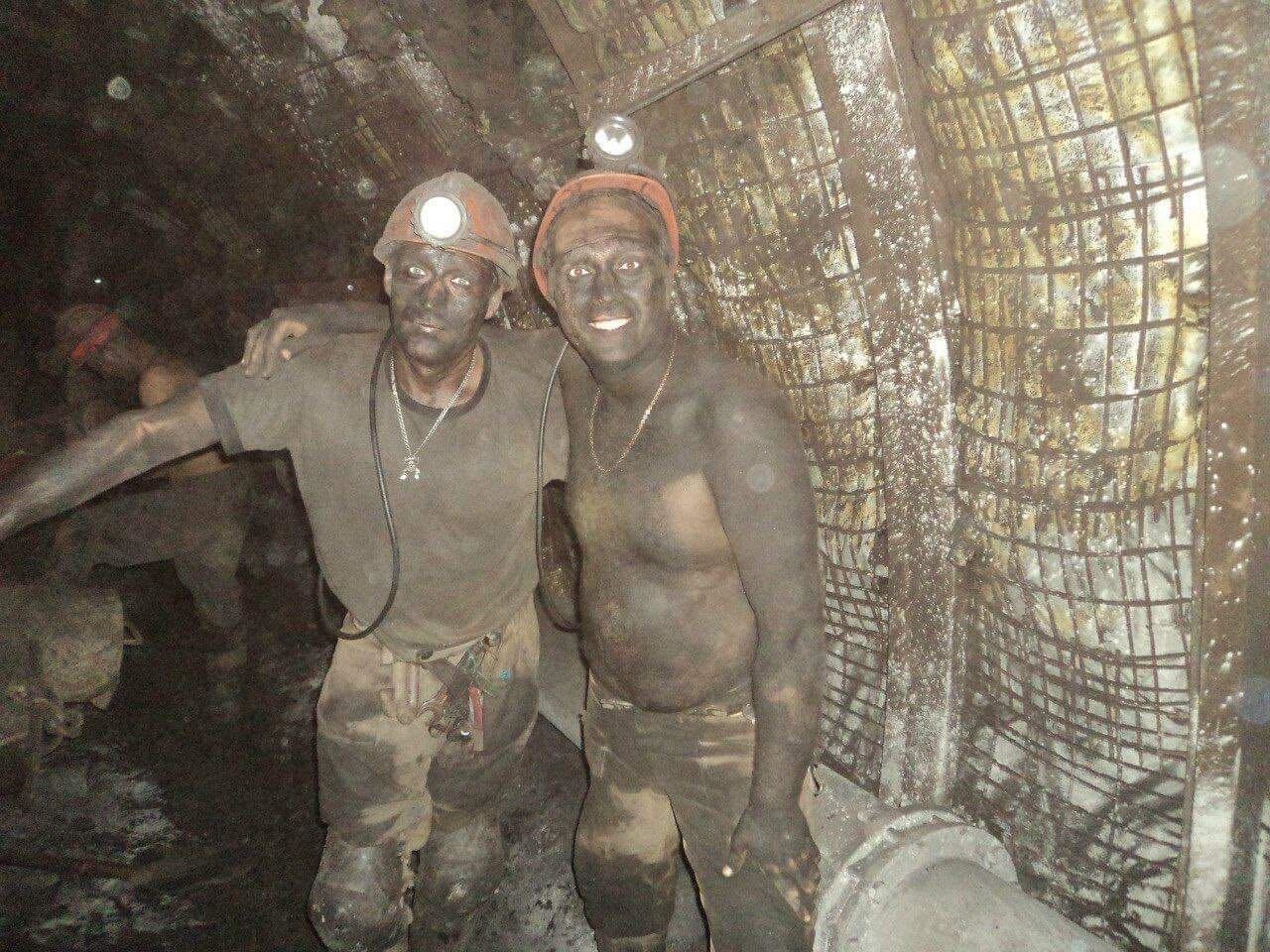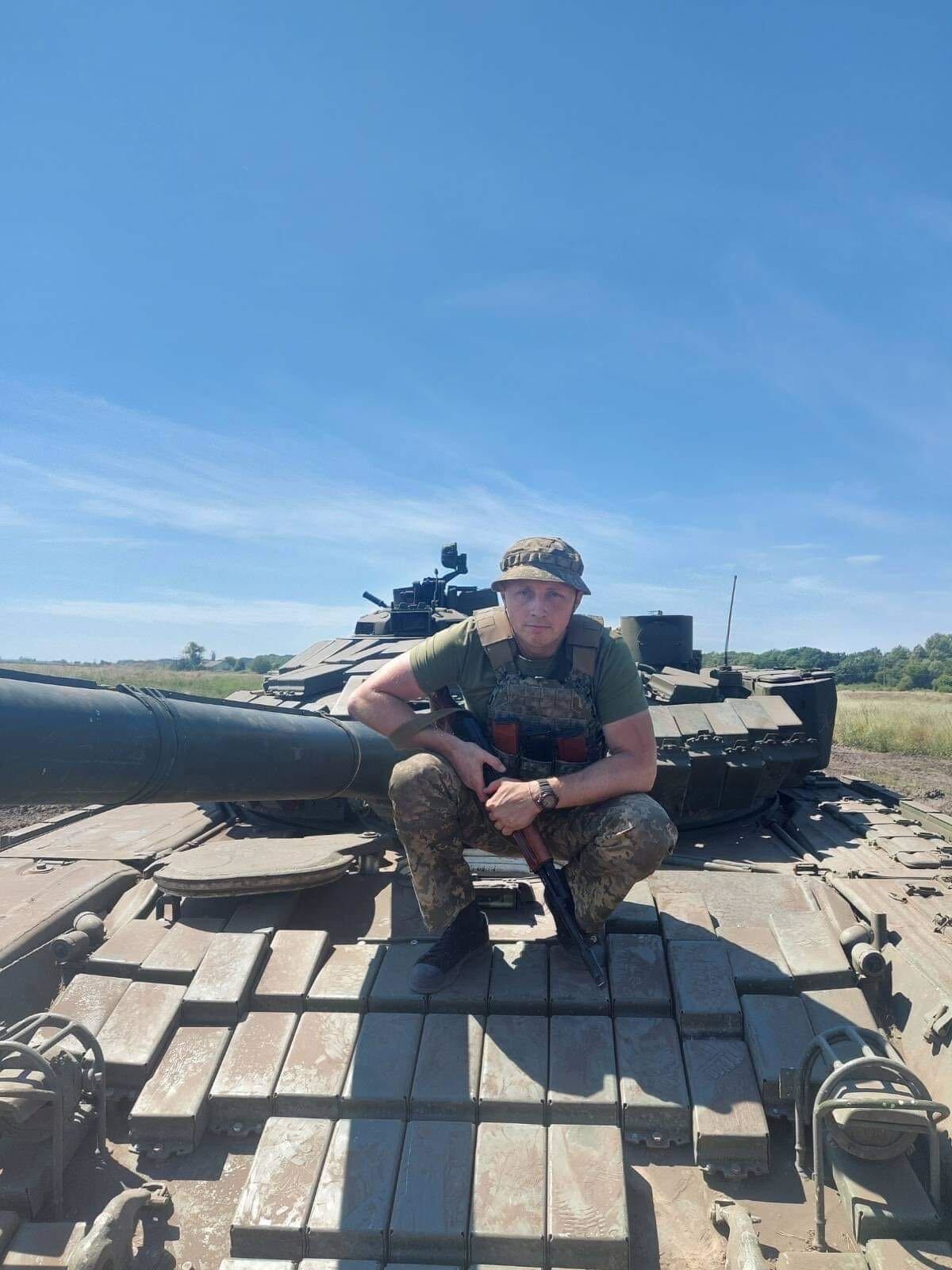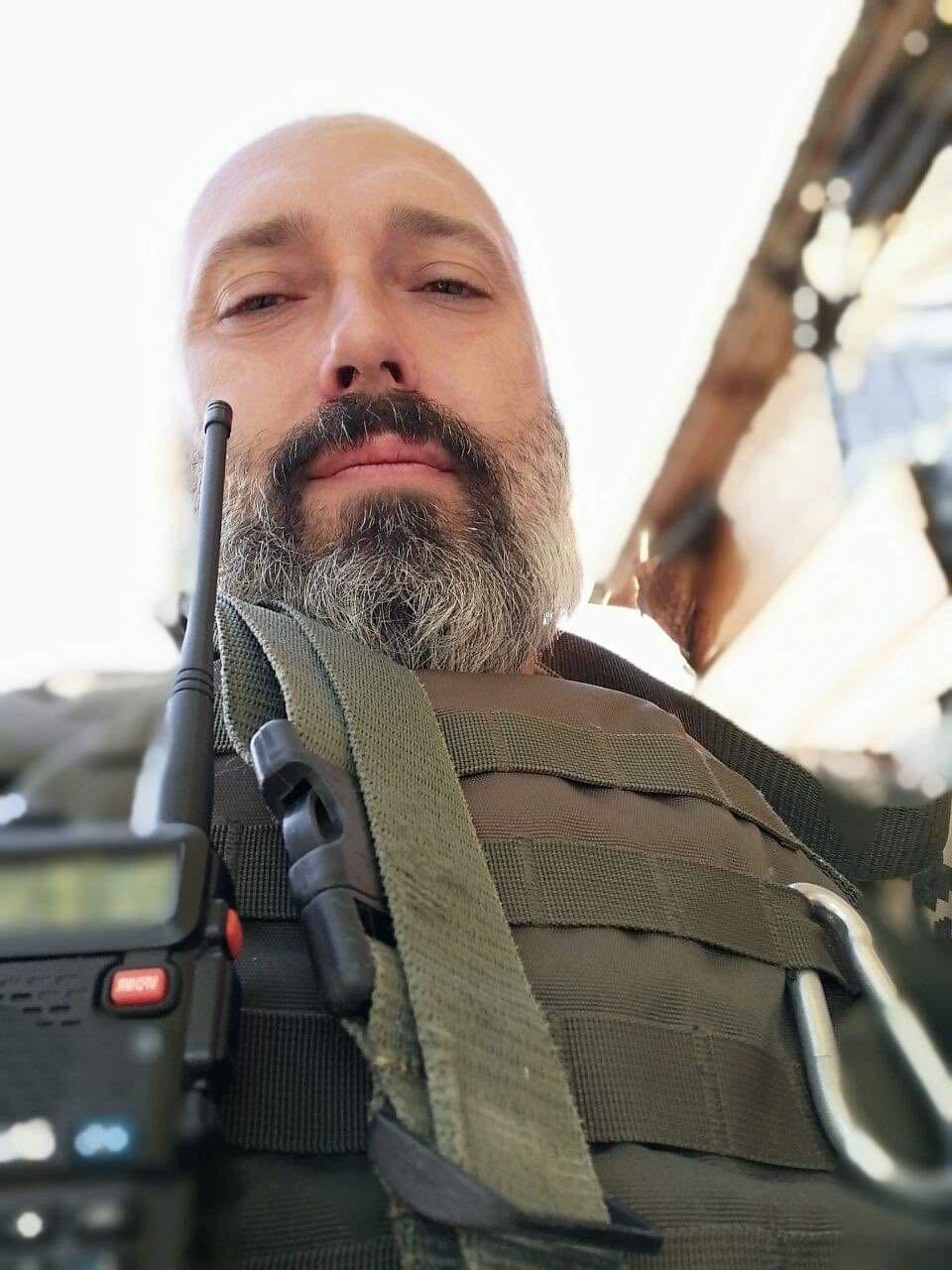Former Ukrainian lawmaker Yegor Firsov, who works as a combat paramedic in Donetsk Region, tells this story from the front line, where Russian forces have been concentrating their invasion efforts.
“So, where did you work before the war?”
JOIN US ON TELEGRAM
Follow our coverage of the war on the @Kyivpost_official.
“At the mine in Selydove, on a combine harvester.”
“At the mine?!”
“Well, yes. Why are you surprised? Sanya and Edik also worked with me. But Sanya worked as a shaftman.”
I was looking at Kostya, a little older than my 33 years, and I couldn’t believe it was a miner sitting just next to me and cleaning a rifle. Even though I am from Donetsk Region myself, the word “miner” for some reason brings to my mind the image of a very old man, about my father’s age, with strong hands, but with the Soviet stereotypical thinking that the state always owes him something. It is also associated with the belief that “Donbas feeds the whole of Ukraine.”
In 2014, most miners took a passive position. We did not see them at pro-Ukrainian rallies. We did not see them with weapons in their hands, defending the country. Basically, they just stayed at home, criticizing the new government in Kyiv.
In my brigade, the battalions of which are deployed along the entire front line in Donetsk Region, I met several dozen miners, and it was thanks to them that I looked at people of this profession from a different angle.

Norway Doubles Ukraine Aid to €7B
When in May, I came to work as a tactical medical provider in Avdiivka, in the 110th Brigade of the Armed Forces of Ukraine. The soldiers I met there were of various professions: tractor drivers, teachers, drivers, and IT workers. I even thought then that for us, this is a people’s war in which everyone is fighting, not just professional soldiers. But I didn’t meet any miners back then. That is why seeing them in the territorial defense was a pleasant surprise. In other words, there are miners on the front, and they are fighting to protect their homes.

Another surprise was the fact that they are not so old: they are usually my age, in their 30s-40s, or a little older.
And one more pleasant revelation – like me, all of them came to their military commissars voluntarily, without call-up papers. However, the belief always existed that Donbas was a pro-Russian region. In fact, this is a myth created by the Russians and their agents of influence in Ukrainian politics. If we analyze the sociological surveys conducted during the time of Ukraine’s independence since 1991, it becomes obvious that the region’s inhabitants never considered themselves Russians but always lived in accordance with Soviet ideological narratives and myths, which were thrust upon them by the local elites. That is to say, Donbas has never been pro-Russian, but it was, until recently pro-Soviet. Most of those who hailed the “Russian Spring” in 2014 associated Russia with the Soviet Union, not realizing that capitalist oligarchic Russia has little in common with their memories of sausage meat at 2.20 rubles a kilo.
The events that started on Feb. 24 were a turning point for many. The fact that Russian shells began to explode heavily near the homes of residents of Donbas was a wake-up call for many people.
“My mother’s house in Pervomaysk was bombed on March 4. I did not support the Maidan protests back then in 2014. And I have always believed that the war in Donbas is beneficial to someone. That both sides are to blame. But when Russia, the ‘fraternal country’, started a war in my home, I couldn’t believe it on the first day. Then I went to sign up for a local volunteer battalion to get weapons and shoot the scum,” Yuriy recalled, telling the story of his own “Ukrainianization.”
Up till Feb. 24, 2022 he had worked at the Pokrovske mine, and now he serves in our unit of the Territorial Defence Forces.
Miners at war are a real force. Risking their life at their workplace every single day made them tough and combative. Danger is a common thing for them.

Once in the training unit, we were working on tactical tasks: we had to move very quickly with rifles and change the position for shooting.
Four other soldiers were practicing this technique together with me; two of them were miners from Selydove.
I saw that the task is not an easy one in terms of physical endurance. You are wearing a plate carrier, a helmet, and a tactical vest, and all this is about 15 kilograms. You must run fast and maneuver for 150 meters. The temperature of the air is 35 degrees celsius. The boys did not have athletic physiques, and looking at their bellies, I began to doubt that they were even capable of running the distance. But it turned out that they were ready to give me a head start. As they explained, war is very similar to their profession. It also requires a lot of work with your hands: you have to dig a trench, build a fortified area, repair a car, and finally, just shoot. And a jackhammer is way heavier than a rifle. That is why warcraft comes easy to miners, and they are better at it than others.
But the main thing that makes miners more effective than others in war is a sense of community. They’re used to working together, feeling each other’s shoulder, helping, and backing up each other underground, where everything depends on you and your partner.
Kostya was an acting company commander. A man without any title. But he managed the team so skillfully that many officers could not progress to his level. This is simply a case when a person knows how to give orders that do not raise questions and are carried out in the proper way.

“How do you do that? Where did you work before?”
“Where? 24 years down a mine. You won’t believe what you can learn to do there…”
Discipline and even punctuality are in the blood of miners. If you don’t come to work on time or if you are even five minutes late, a mine cage will go underground without you. Any mistake can cost you your own life and the lives of those working nearby. The mine teaches responsibility for the process you are involved in and the safety of your partners. In the army, these very traits determine success in achieving a combat task.
The aggression perpetrated by Putin formed the Ukrainian political nation because a Russian-speaking miner and a farmer from Lviv are fighting side by side on the front. The war destroys those regional stereotypes that were objectively or artificially created in the minds of people living in the East and the West about each other and about themselves. There are no Westerners and Easterners in the trenches, and there are merely fellow Ukrainians. Everyone who fights in real life, and not on Facebook, understands this. Otherwise, you simply cannot survive here. Otherwise, Ukraine cannot survive.
You can also highlight the text and press Ctrl + Enter












